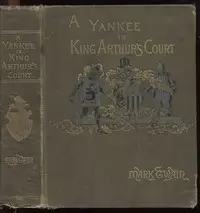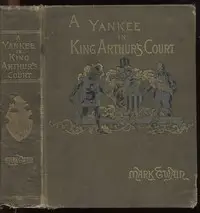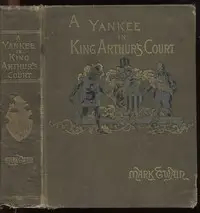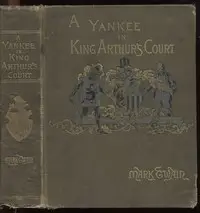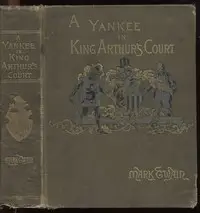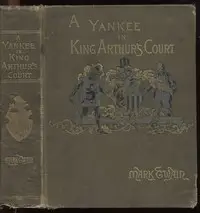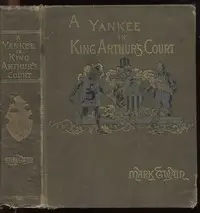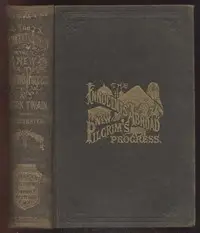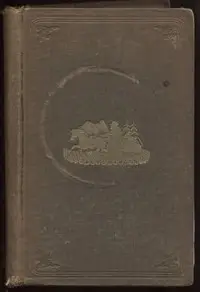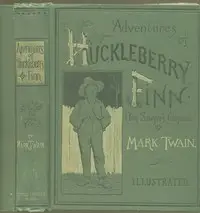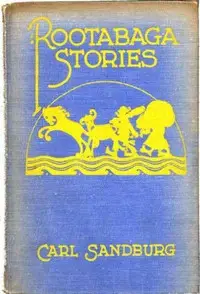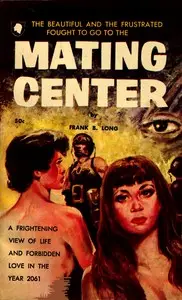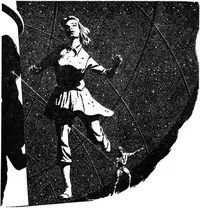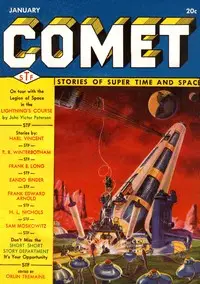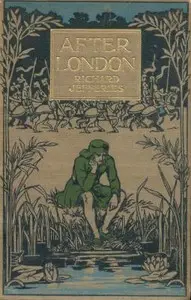"A Connecticut Yankee in King Arthur's Court, Part 3" by Mark Twain is a story that blends science fiction and fantasy to mock the olden days, as seen through the eyes of an American engineer named Hank Morgan, whisked away into King Arthur's time through a time warp. The book makes fun of the fancy ideas about knights and the strange ways of behaving in medieval society by showing how different they are from modern American beliefs. The story shows Hank struggling with the awkwardness of medieval armor and the difficulties of past living, as he and Alisande travel the land. His growing annoyance highlights the unfairness of the feudal system, especially as he talks with the working class. Hank notices the major differences between the social classes and he dreams of inspiring change, educating the common people about their importance. Preparing a group of knights, Hank's ultimate goal is to change outdated systems in Arthur's world, promoting freedom and individuality over the expected obedience to lords.
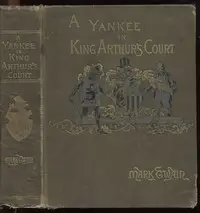
A Connecticut Yankee in King Arthur's Court, Part 3.
By Mark Twain
An engineer from modern America time- travels to the past and tries to build a more advanced civilization, one person at a time.
Summary
About the AuthorSamuel Langhorne Clemens, known by the pen name Mark Twain, was an American writer, humorist, and essayist. He was praised as the "greatest humorist the United States has produced," with William Faulkner calling him "the father of American literature." Twain's novels include The Adventures of Tom Sawyer (1876) and its sequel, Adventures of Huckleberry Finn (1884), with the latter often called the "Great American Novel." He also wrote A Connecticut Yankee in King Arthur's Court (1889) and Pudd'nhead Wilson (1894) and cowrote The Gilded Age: A Tale of Today (1873) with Charles Dudley Warner.
Samuel Langhorne Clemens, known by the pen name Mark Twain, was an American writer, humorist, and essayist. He was praised as the "greatest humorist the United States has produced," with William Faulkner calling him "the father of American literature." Twain's novels include The Adventures of Tom Sawyer (1876) and its sequel, Adventures of Huckleberry Finn (1884), with the latter often called the "Great American Novel." He also wrote A Connecticut Yankee in King Arthur's Court (1889) and Pudd'nhead Wilson (1894) and cowrote The Gilded Age: A Tale of Today (1873) with Charles Dudley Warner.

